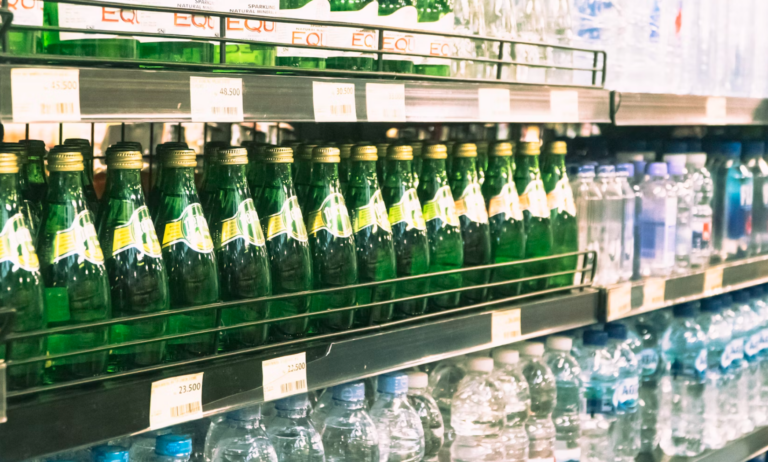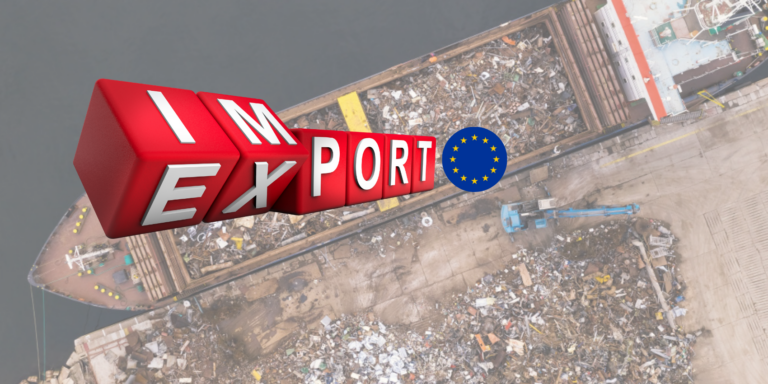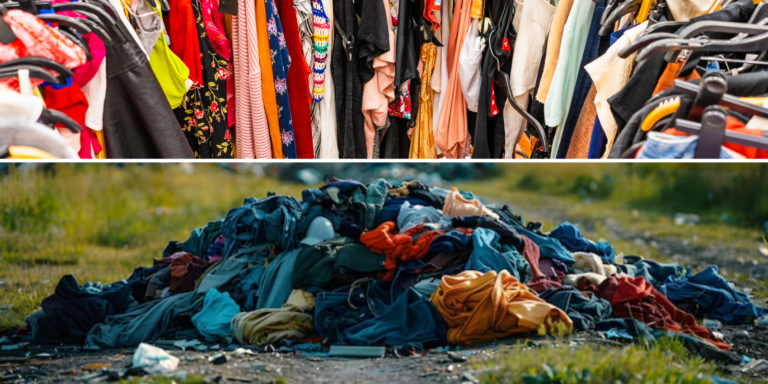The Regulation on waste incineration and co-incineration was approved
Details
On the current June 15, it was published in the Official Gazette GD no. 205/2023 for the approval of the Regulation on waste incineration and co-incineration. The regulation enters into force from 06.12.2023. The regulation is enforceable and extends to all economic agents in the Republic of Moldova, authorized to carry out waste incineration and/or co-incineration activities.
The provisions of the Regulation apply to:
- stationary or mobile technical units and equipment defined in art. 17 para. (2) lit. a) from Law no. 209/2016 on waste as waste incineration facilities, which are intended for thermal treatment of waste, with or without recovery of the heat generated following combustion, by incineration by oxidation, as well as by any other thermal treatment process, such as pyrolysis, gasification or plasma processes, provided that the substances resulting from the treatment process are subsequently incinerated. If processes other than oxidation, such as pyrolysis, gasification or plasma process, listed above are applied for thermal treatment of waste, waste incineration plants and waste co-incineration plants include both the thermal treatment process and the incineration process subsequent;
- stationary or mobile technical units defined in art. 17 para. (2) lit. b) from Law no. 209/2016 on waste as waste co-incineration facilities, whose main purpose is the generation of energy or the production of material products and which use waste as usual or additional fuel or in which the waste is thermally treated, with a view to its elimination by incineration by oxidation , as well as by other thermal treatment processes, such as pyrolysis, gasification or plasma processes, provided that the substances resulting from the treatment are subsequently incinerated. If the co-incineration of waste takes place in such a way that the essential objective of the installation does not is the production of energy or material products, but rather the thermal treatment of waste, the facility must be considered as a waste incineration facility;
- territories of waste incineration and co-incineration facilities, which, according to art. 17 para. (3) from Law no. 209/2016 on waste, include: a) all incineration or co-incineration lines; b) reception, storage and pre-treatment facilities for existing waste on site; c) waste, fuel and air supply systems; d) boilers, furnaces, equipment in which the thermal treatment of waste is carried out; e) waste gas treatment facilities; f) on-site waste and waste water treatment or storage facilities; g) chimneys equipped with filters; h) devices and control systems for incineration or co-incineration operations; i) devices and systems for recording and monitoring incineration or co-incineration conditions.
According to the Regulation, the operator of the waste incineration and co-incineration facility will take all necessary precautions regarding the delivery and reception of waste to prevent or limit as much as possible the pollution of air, soil, surface water and underground water, as well as other negative effects on the environment, odors, noise and direct risks to human health. The operator shall determine the mass of each category of waste, if possible, before accepting the receipt of the waste in the incineration or co-incineration facility, and in the case of hazardous waste the operator will need to collect available information on the waste to verify compliance with permit conditions. The regulation also provides for public participation and access to information regarding the procedure for granting the integrated environmental authorization for the activity of incineration and co-incineration of waste.
IMPORTANT! The regulation also provides a list of waste prohibited for incineration and co-incineration in order to ensure protection of the environment and human health and for the execution of international treaties to which the Republic of Moldova is a party.
More information on the regulation and international experience recommends consideration, including factors that may influence the capacity of incineration/co-incineration facilities and operating costs can be found in issue 38 of the Waste Management Magazine. The subscription is accessible here https://e-circular.org/abonament-anual/
Related articles
Este timpul pentru acțiuni decisive: societatea civilă cere un Tratat Global ambițios care să pună capăt
Ne-am obișnuit să aruncăm, am uitat să reparăm, să reutilizăm și să prelungim durata de viața
Centrul de Instruire și Consultanță „E-Circular” anunță lansarea apelului pentru contribuții științifice în cadrul Conferinței Naționale
Reacțiile la studiul publicat recent de Agenția Franceză pentru Siguranța Alimentelor, Mediului și Sănătății Ocupaționale (ANSES)
De ani de zile, marcăm simbolic Ziua Mediului, vorbim despre reducerea poluării cu plastic, venim cu
Modelul economic actual este construit în mare parte pe un sistem liniar de tip „extrage-produce-aruncă”, în
În contextul economiei circulare și al gestionării eficiente a deșeurilor, mecanismul de Responsabilitate Extinsă a Producătorului
În tranziția spre economie circulară, exporturile de materii prime reciclabile din Uniunea Europeană către țări terțe
Centrul de Instruire și Consultanță E-Circular anunță organizarea unei noi ediții a cursului „Raportarea de sustenabilitate
Ziua Internațională “Zero Deșeuri” sărbătorită pe 30 martie și facilitată în comun de Programul Națiunilor Unite










